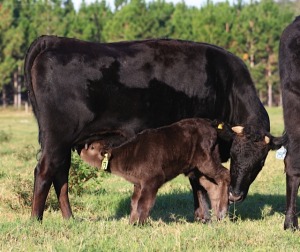
Following up on our last blog titled Where’s the Beef? we will attempt to answer some of the questions posed by our many customers and friends.
1.Wagyu Beef – how does it differ from “Kobe Beef?”
Wagyu is the name of a breed of cattle which originated in Asia centuries ago. Wagyu is the breed of cattle from which Kobe is produced. The term “Kobe” can only be accurately applied to Wagyu cattle which are produced in the Kobe region of Japan. For you foodies, this is similar to the “branding” (not with a hot iron) done with Champagne & Roquefort from France and Parma Ham & Cheese from Italy. Wagyu cows bred and raised outside of Kobe, Japan, should always be termed Wagyu , but are often referred to with a variety of names, such as; Kobe style, American Kobe, etc..
2. What do the terms “grass fed beef” and grain fed beef actually mean?
Almost all cattle begin their lives on grass, but eventually end up in “feedlots” (CAFO-confined animal feeding operations) where they are “finished” for several months on grains (which most often contain GMO grains).These grain feedings fatten them quickly, but also can sicken them. This is due to the fact that these grains are not part of their natural diet and the additional stress of being crowded together with cattle from multiple locations.
100% grass fed beef, means just what it says. During their entire lives at Pasture Prime Wagyu & Family Farm these Wagyu cattle have only grazed on our local & native grasses ( with the exception of those few months that calves spend on their “mother’s milk”). Of course, our grass feeding process takes much longer, making them more expensive to raise. However, our Wagyu beef animals are much healthier in that they are able to roam freely, are not tightly confined. Therefore they never need antibiotics and hormones which are often necessary in commercial and industrial farms.
Oftentimes, unscrupulous vendors will claim their meat is grass fed with little or no oversight. This is what makes it essential to know firsthand where and how your food is being produced. We encourage you to visit us, to see for yourselves. We suggest you make this request of anyone you purchase your meats from.
3. Dry Aged vs. Wet Aged Beef – What is the difference?
Dry Aging is an art form dating back to the era of the neighborhood butcher shop ( a niche we hope we can partially fill for you). The aim here is to use this time honored aging method on all our grass fed beef to the benefit of both master chefs, foodies, and inquisitive and well-informed home cooks.Our Wagyu beef is hung in a cooler requiring precise temperature control, humidity of 70% or more (not too difficult in our Florida climate) and an air circulation system. These elements combine to enhance the natural extraordinary flavor of our Wagyu beef.
As you can see, developing our grass fed beef goes beyond sustainably and humanely raising the Wagyu cows. This more expensive and time consuming aging process helps to provide our customers with meat that melts in your mouth, while serving up a healthful source of high quality protein (more about this later)
Wet Aged Beef is much faster and cheaper to produce & dominates the market. Nearly 90% of beef sold at your local grocery is wet aged. Most authorities agree that dry aged beef has superior flavor, and tenderness and is the beef most often served at the finest dining establishments.
4. How Can You Buy Grass Fed Beef in Bulk?
We think it is a real testimony to the rising awareness of “getting to know your farmer” that so many folks are now contacting us inquiring about the process of ordering their Wagyu beef by the half and quarter. Here are the pertinent points;
- Grass Fed Wagyu Beef Quarters are currently priced @ $7.50 per pound based on the hanging weight at processing. These weights will range between 125-150# This will add up to approximately $910-1085.
- Halves are slightly less per pound @ $7.25. Those weights at hanging will range from 250-300# (estimated $1750-$2100).
- Your Wagyu Beef will come:
a. Cut to your custom specifications
b. Each cut Individually packaged
c. Vacuum Sealed
d. Labeled; with cut, weight & date.
e. Frozen and ready for your freezer and
f. Prices are all inclusive except for shipping, if you choose that method of delivery.
- Basic Outline of Cuts:
a. Steaks – NY Strips, Rib Eyes, Tenderloins, Top Sirloin
b. Roasts – Chuck, Sirloin Tip, Rump, Bottom Round, Eye of Round, Arm
c. Ribs – Short Ribs, BBQ Ribs
d. Misc.- Brisket, Hangar Steak, Skirt Steak, Picanha, Flank Steak, Cross Cut Shanks (Osso Buco)
e. Organ Meats – Heart, Liver, Kidneys, Tongue
f. Bones – Marrow Bones, Oxtail
g. Ground Beef – Stew, Ultra Lean, or Regular
Now it is our turn to “turn the tables” and ask you a question;
How healthy is Your Dinner??
Did you know that Tenderloin has less fat that a 3 oz. skinless chicken thigh? (This is based on USDA data for total fat, using a 3 oz serving of cooked tenderloin compared to a 3 oz. serving of cooked, skinless chicken thigh). That doesn’t even take into account the additional health benefits of the extremely favorable ratio of Omega 3 to Omega 6 Fatty acids which are found in our grass fed beef. According to a respected university’s Health & Nutrition Newsletter, they state that “emerging research suggests older adults need more high quality protein throughout the day.” They also note that the real problem is that too much of our current protein does not come from “high quality” sources. This is where we hope our 100% Grass Fed Wagyu Beef will “fill the bill’ and your PLATE.
WE ARE NOW TAKING ORDERS FOR HALVES & QUARTERS for delivery through the Fall & Winter 2013
Tune in soon for information on our wonderful Mangalitsa & Berkshire pork, which taste like pork used to, before modern agriculture very carefully extracted all the flavor.



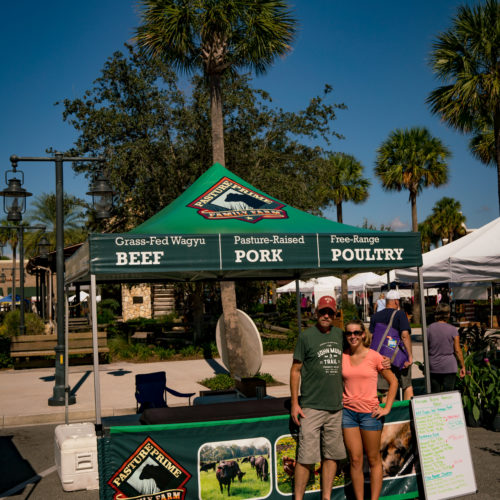
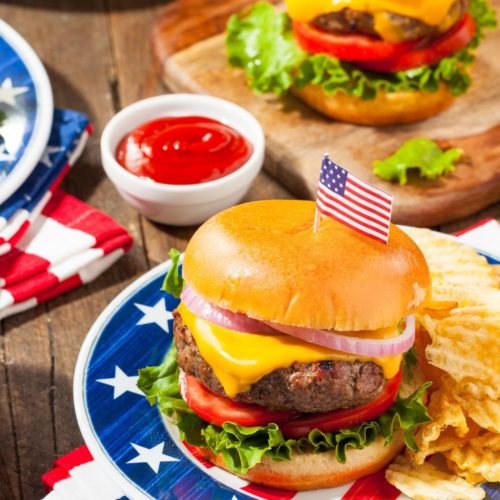
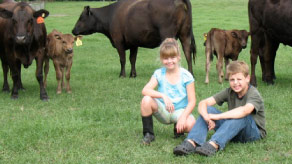
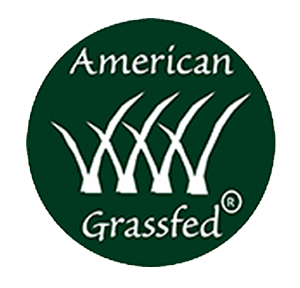

I a interested in purchasing a quarter side of beef. Please send me a message about shipping to Palm City, FL 34990. I may decide to take a trip and pick it up depending on shipping costs. Thank you.
I am interested in purchasing a beef quarter but do not want the organ meat, can you give me an idea how much this would cost and how many pounds of met are included. I live in Orlando and would pick up the beef once it is ready.
Pat Gerrity
Can we get deliveries in Saint Petersburg, Fl.?
What would the cuts be for a 1/4 of beef?
Can this be ordered at anytime, how long from
order to shipment? Thank you, Clark
Do you have beef in stock and what are your hours tomorrow?
Keep up the great works guys I’ve included you guys to my personal blogroll.
Hi. How much is the 2014 price hanging weight for a half a beef? Do you have any oversize beef selling for less per pound (I ask this because I missed an opportunity previously)?
Do you still include free delivery for a half to a certain radius from your farm (I checked with you before and I fall well into the radius in South Orlando (near Edgewood)- I understand you may no longer offer this – but hoping.
I hope all is well with your family and you continue to enjoy farm life!
Lisa Frazier
lisafrazier@hotmail.com
407-252-7898
5107 Creusot Court Orlando, FL 32839
Also, what is the time-frame for your halves to be available?
Hi Lisa,
Sorry for the belated reply, as summer has kept us hoping with vacations, hay baling, etc.
The 2014 current price is $7.25 per pound of hanging weight on our half Grass Fed Wagyu. It is $7.50 per pound on the Quarter.
When gas prices excalated, we were unable to continue the delivery option. FedEx shipping within Florida is fairly reasonable, but don’t know if it would offset time and mileage to pick up.
Let us know if we can help you further. The beef we have been processing is really awesome, due to the wonderful grass crop we have had this year.
Thaanks for your interest and patience.
Marilyn
When would I expect a half beef ready for pick-up if I ordered now, nov 12, 2014? Around what percentage of finished beef per hanging weight does your butcher usually produce?
Thank you , Lisa